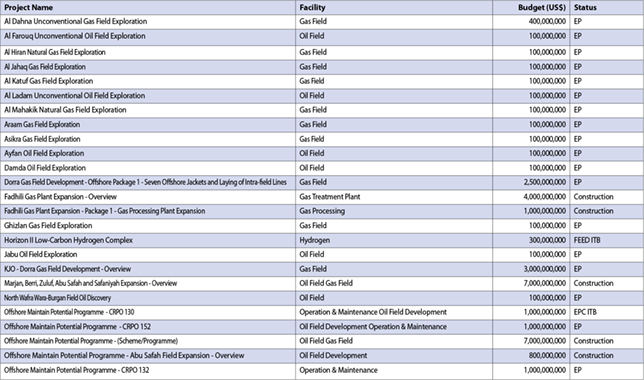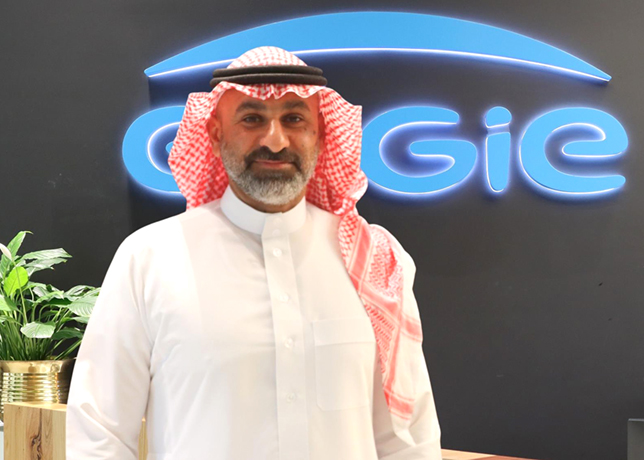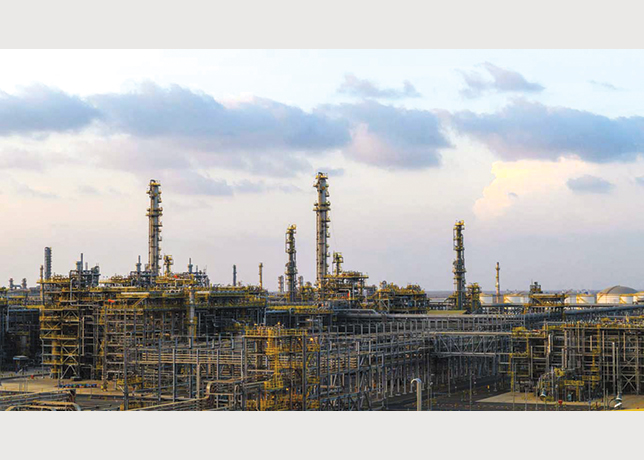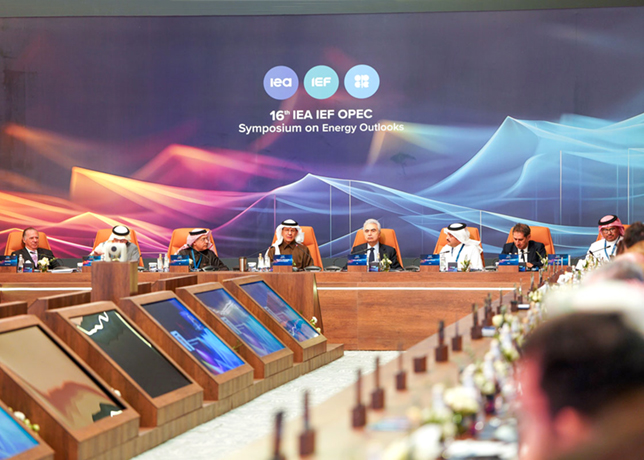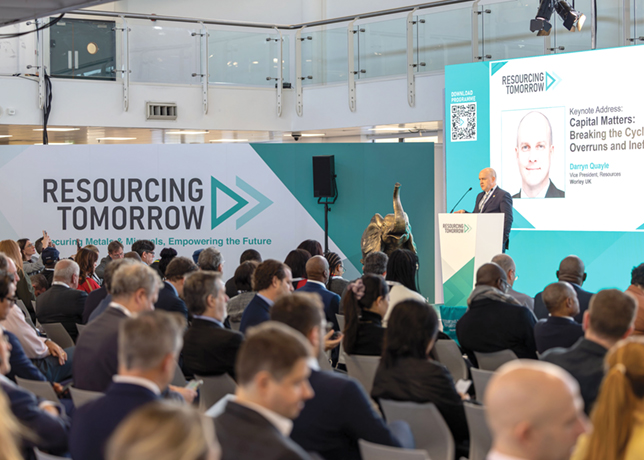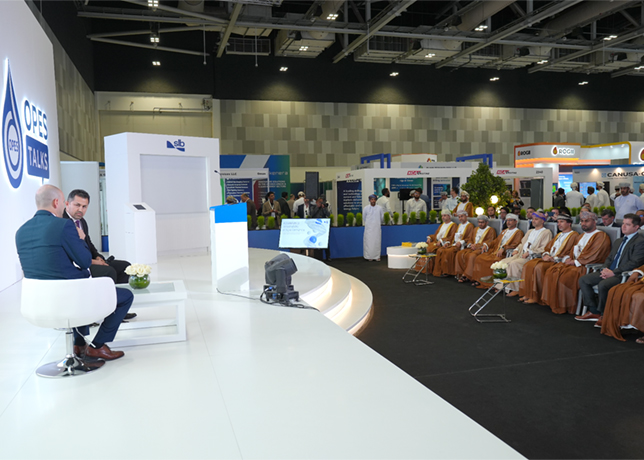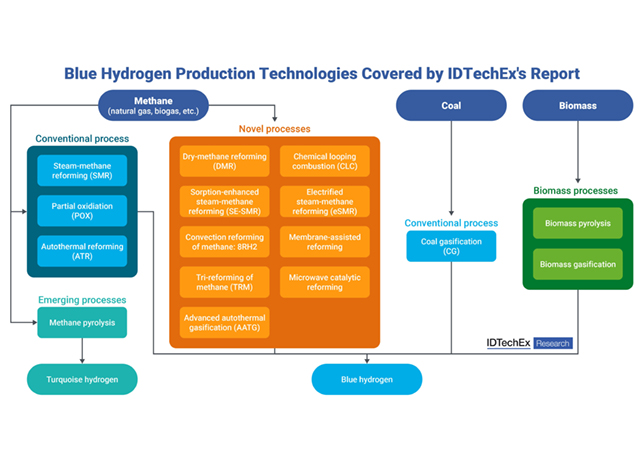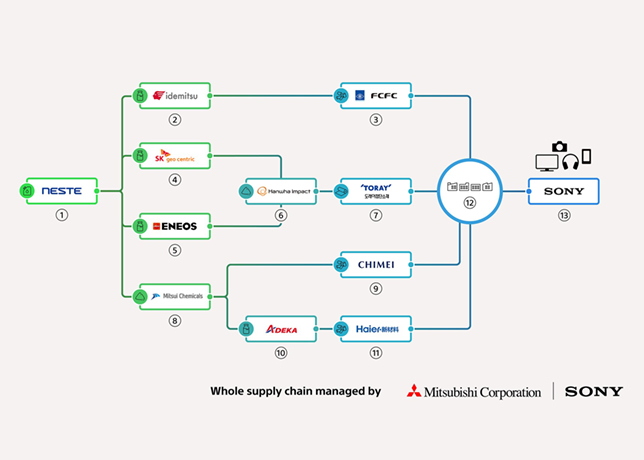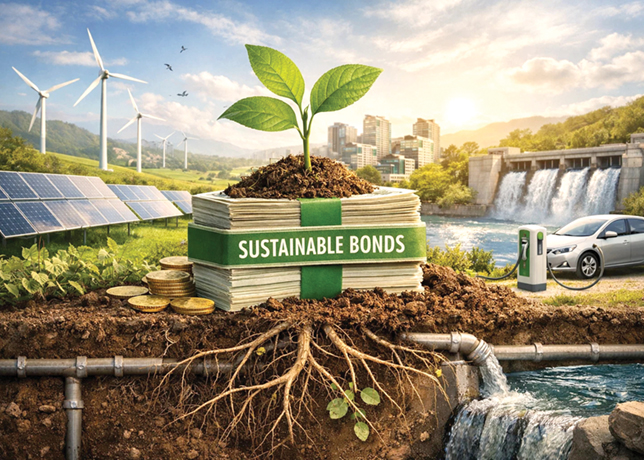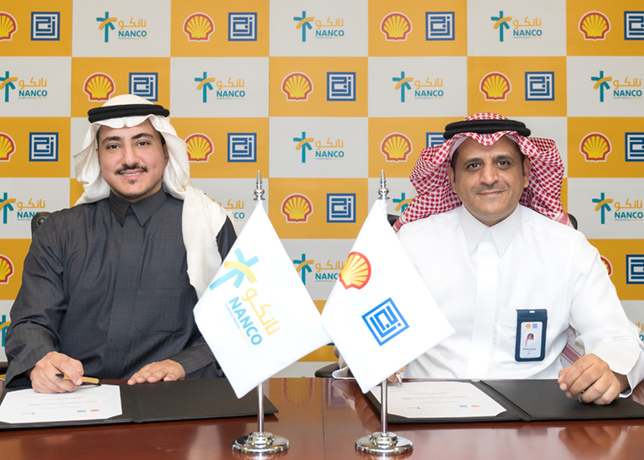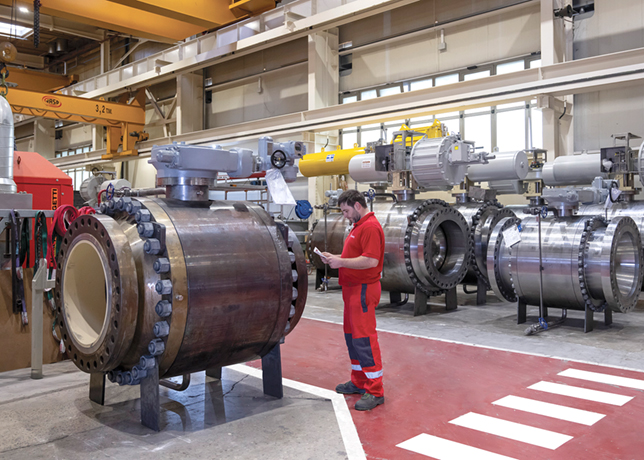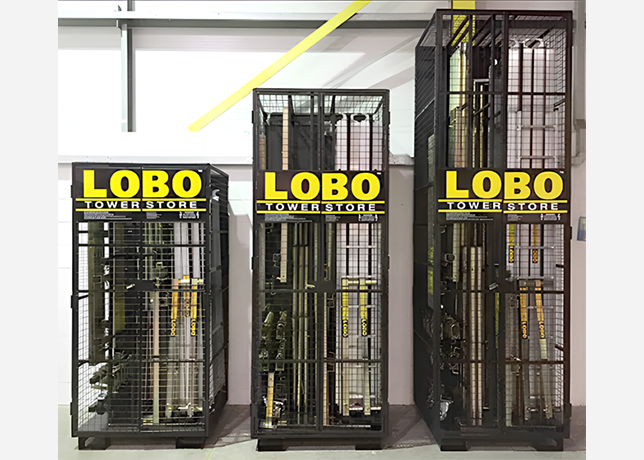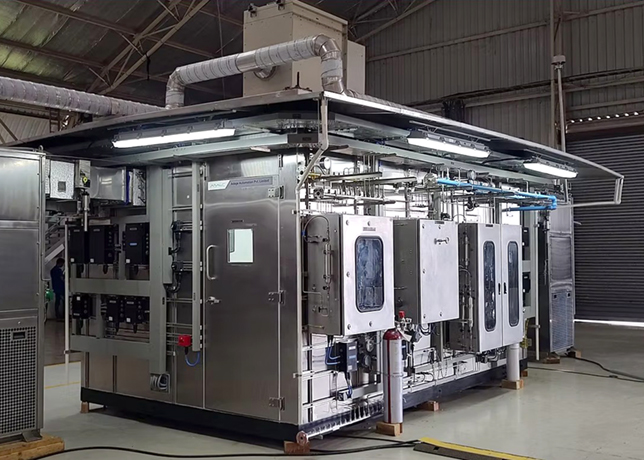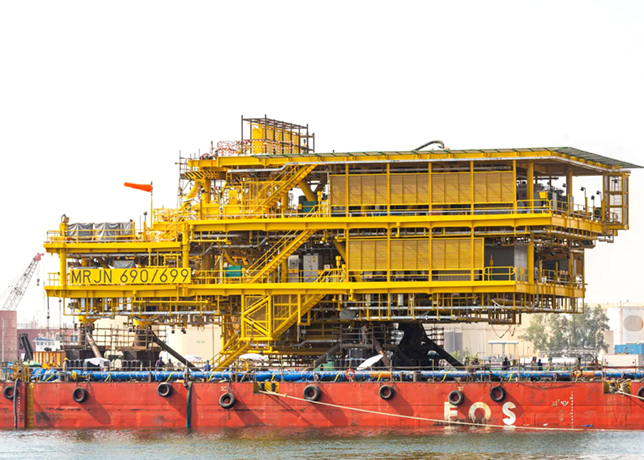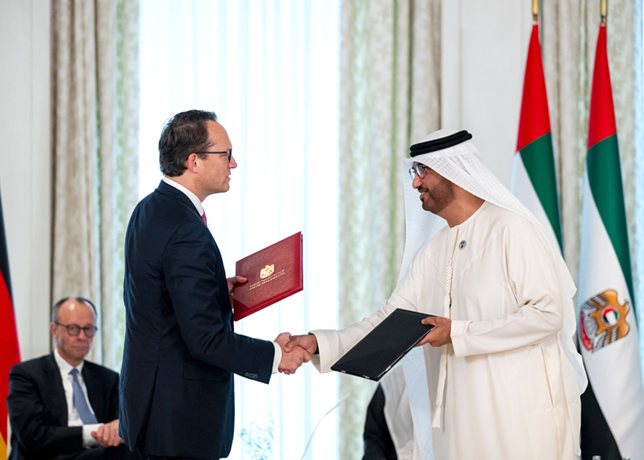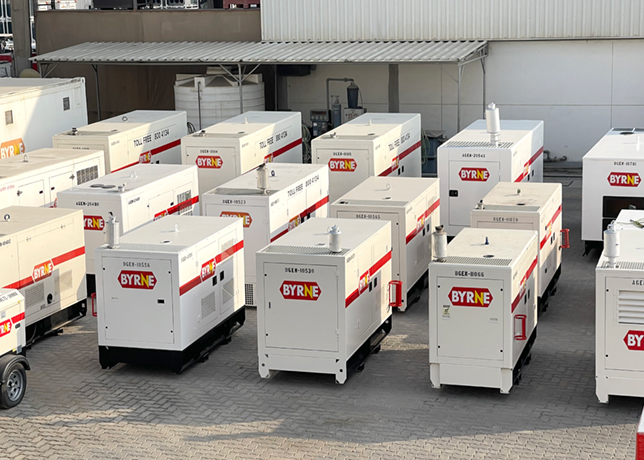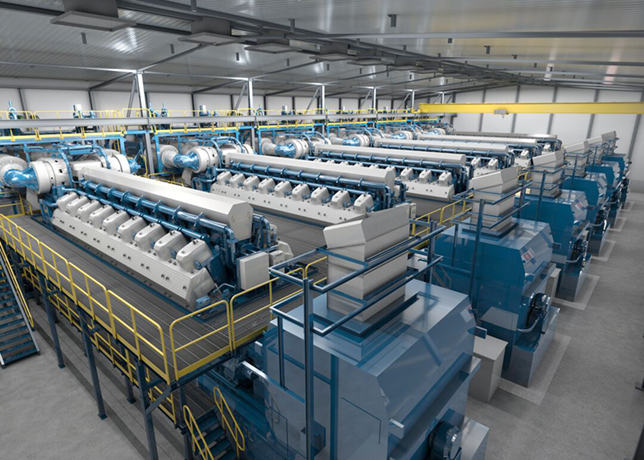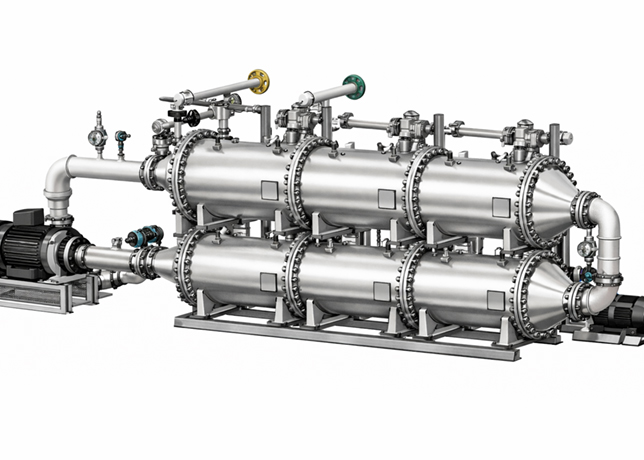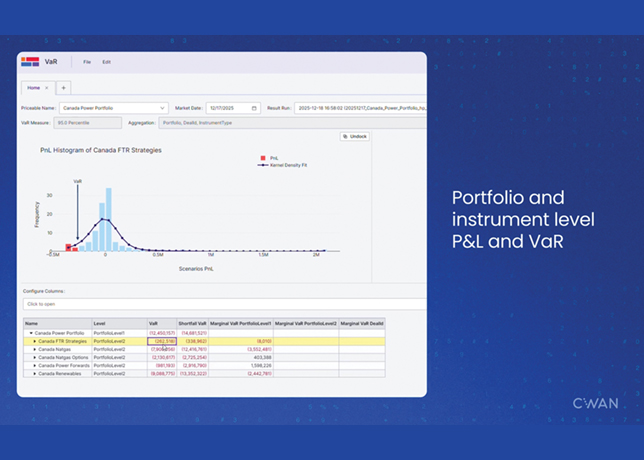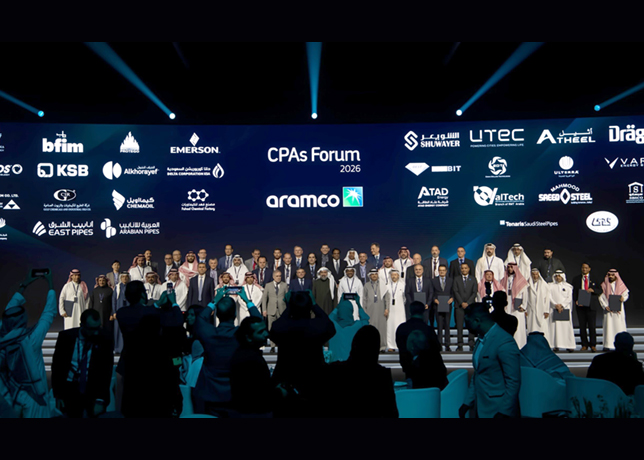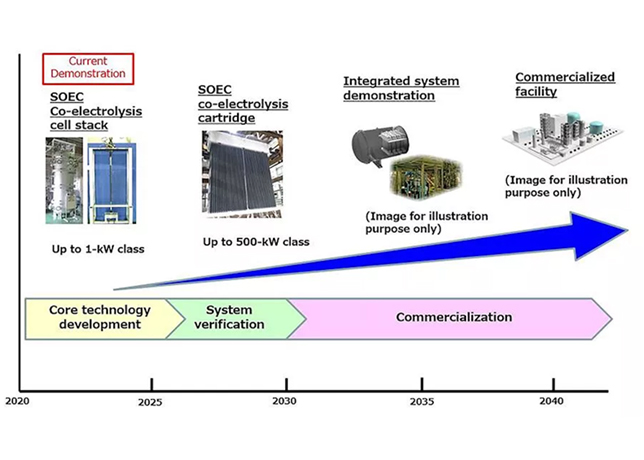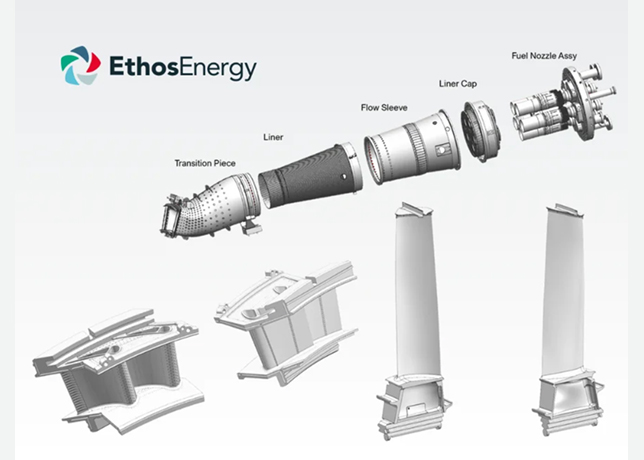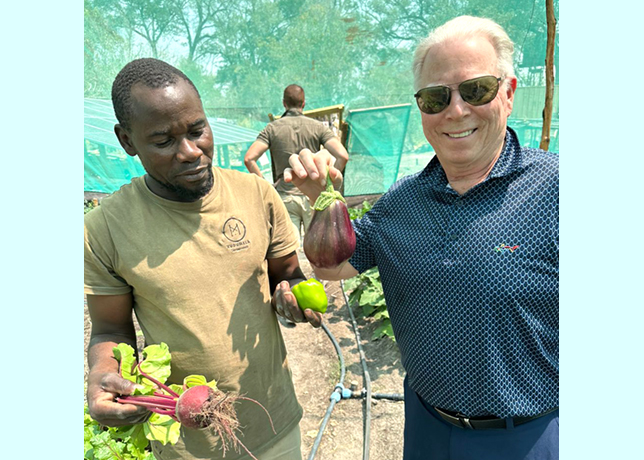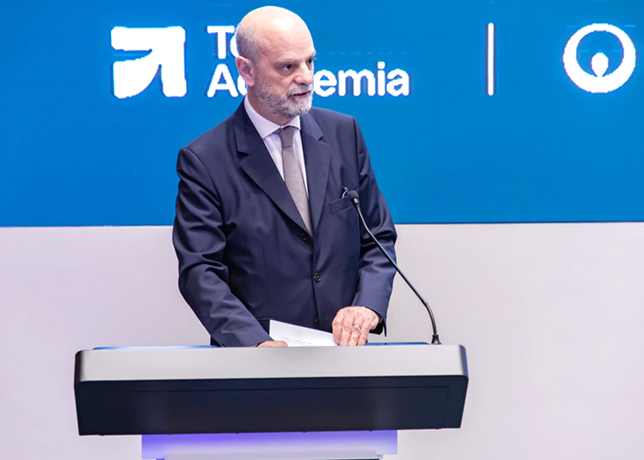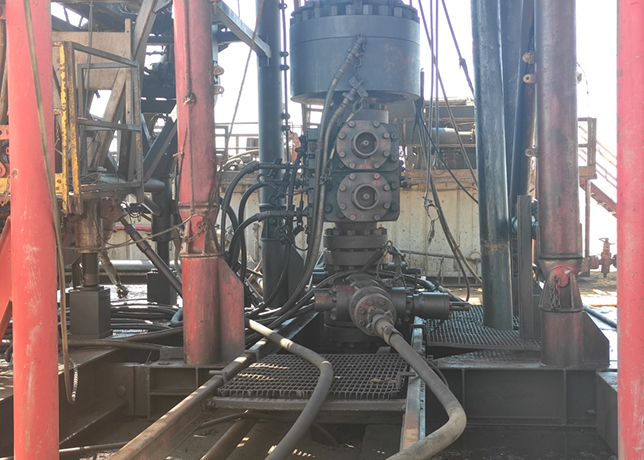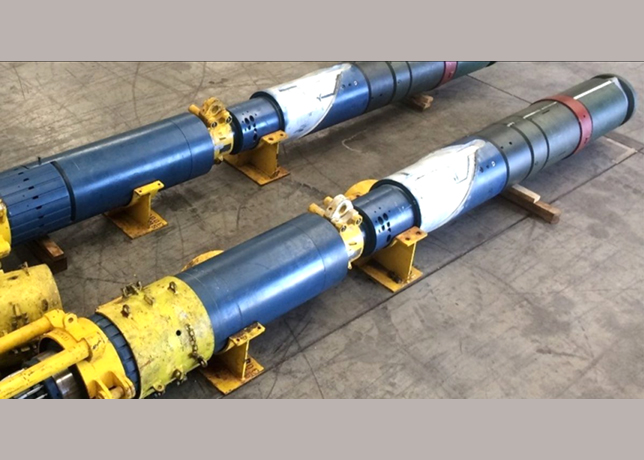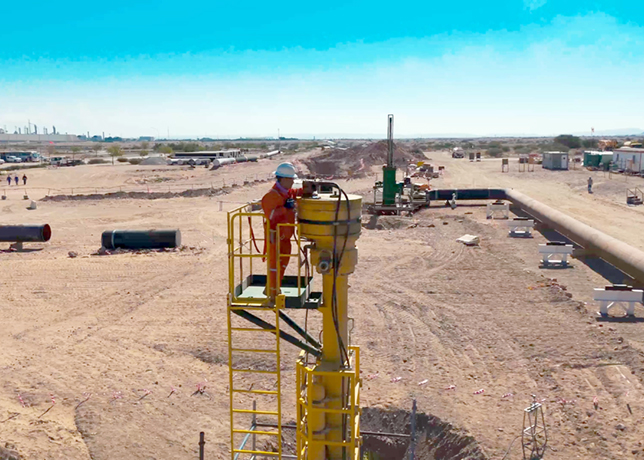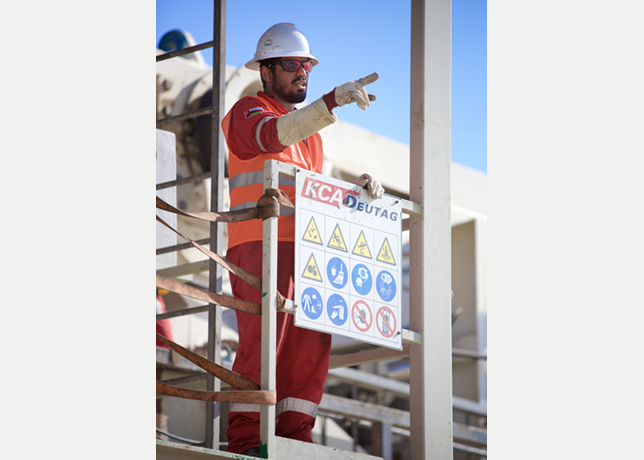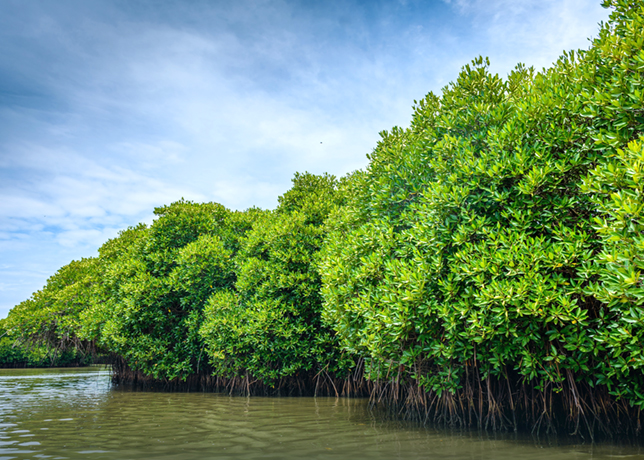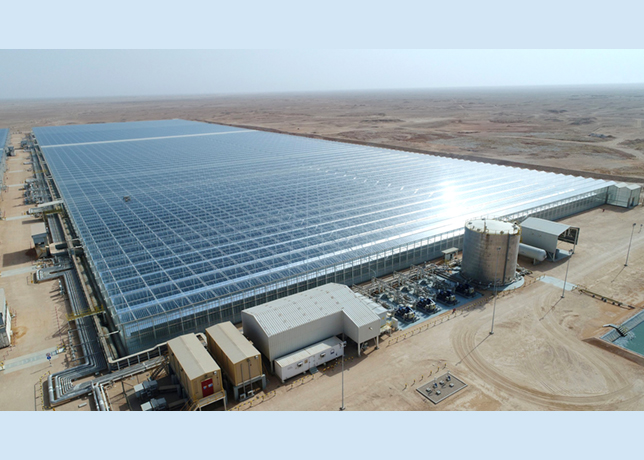
 Oman has expanded its total mining concession area to 23,763 sq km
Oman has expanded its total mining concession area to 23,763 sq km
Oman's mining sector is currently undergoing a significant transformation, positioning the Sultanate as a burgeoning force in the global mineral market.
Driven by an ambitious vision to diversify its economy and maximise the in-country value of its rich natural resources, Oman is implementing a series of strategic initiatives, including the establishment of a national mineral trading company and substantial investments in sustainable mining practices.
These concerted efforts are set to unlock the full potential of Oman’s mineral wealth, foster economic growth, and enhance the nation’s competitive standing on the international stage.
Minerals Development Oman (MDO) has been instrumental in spearheading these initiatives, demonstrating a steadfast commitment to enhancing the mining sector’s contribution to Oman’s economic and social development.
According to MDO’s 2024 report released early this year, the holding company made significant strides in executing its investment strategy, expanding its portfolio, and strengthening strategic partnerships.
A pivotal moment was the signing of two concession agreements with the Ministry of Energy and Minerals for silica and salt exploration and mining in Mahout.
This expansion alone increased MDO’s total concession area to 23,763 sq km, opening new avenues for exploration and mineral resource development in alignment with a sustainable growth strategy.
Furthermore, the appointment of a new CEO marked a strategic milestone, reinforcing MDO’s commitment to implementing ambitious mining sector initiatives.
A cornerstone of Oman’s reformed mineral management system is the establishment of the Oman Minerals Trading Company (OMTC).
This groundbreaking resolution grants OMTC the mandate to organise the marketing and export of minerals from the Sultanate.
The move is a direct response to the structural challenges within the mineral market, such as the proliferation of intermediaries and a lack of specialised marketing mechanisms that have historically led to declining prices despite increasing production.
OMTC, a subsidiary of Minerals Development Oman, will centrally manage all mineral exports, standardise contracts and specifications, and engage in professional negotiations with international buyers to elevate average export prices and significantly boost national revenues.
The decision also introduces strict regulations, particularly for the export of gypsum and chromite ores, prioritising local market demand before any export operations are considered, and mandating a minimum concentration of 36 per cent for exported raw chromite ore.
This initiative aligns seamlessly with the Ministry of Energy and Minerals’ broader ‘Majd’ initiative, designed to consolidate and evaluate in-country value (ICV) efforts within the energy and minerals sector by requiring companies to adopt clear strategies for strengthening local content and supporting downstream industries.
A one-year transition period has been granted for companies to adapt to this new marketing mechanism, with training and induction sessions planned to support stakeholders.
Oman’s mining initiatives extend beyond regulatory frameworks to embrace sustainable practices and technological advancements.
A notable development is the inauguration of Oman’s first facility to transform legacy copper mining waste into pure copper using advanced, sustainable technologies.
This nearly $106 million project, developed by Green Tech Mining and Services, aims to convert environmental challenges into economic opportunities, aligning with the industrial strategy of Oman Vision 2040.
Phase 1 production, powered by renewable energy, began in June, targeting an initial output of 60 tonnes annually of green copper cathode, with capacity projected to rise to 12,000 tonnes per year by December 2026.
This reinforces Oman’s position as a hub for green industries and sustainable mining, balancing economic growth with environmental preservation.
Furthermore, the Shura Council has been actively discussing Omanisation strategies within the energy and minerals sectors, aiming to empower national talent and increase local employment in mining projects, especially within concession areas, to ensure local communities benefit economically.
These discussions highlight the importance of aligning academic outputs with industry needs through enhanced coordination between the Ministry, higher education institutions, and specialised training institutes.
Oman’s broader commitment to its Vision 2040 goals is evident, with 95 per cent of its strategic programmes underway, including those focused on modernising financial legislation in mining, updating the Mineral Resources Law, promoting mining investment, and developing a digital mining platform.
These comprehensive efforts underscore Oman’s dedication to creating a transparent, regulated, and sustainable business environment that attracts reliable investments and strengthens national industries, ultimately securing better returns from its abundant mineral resources.



